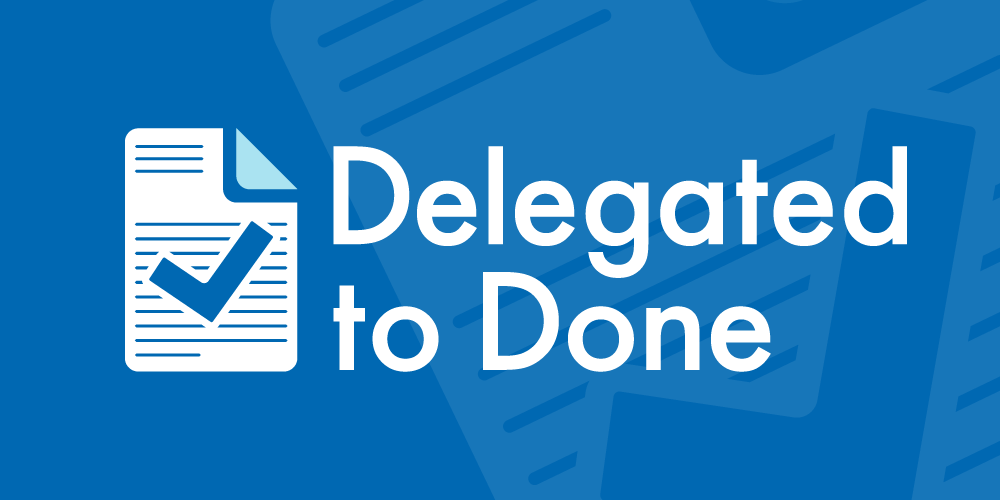We have previously said that interviewing is an art form. It takes just as much skill on the part of the interviewer as it does for the interviewee. Let’s look at this a bit more.
Pulled in too Many Directions
How often have you scheduled interviews in the middle of a busy day? Maybe you have a million other things to do and decide to pepper the interviews in where you can. This method poses a few problems. One, your mind is not necessarily on the interview. During the process, you may be going over the presentation you have in a couple hours. Or, if the interview is at the end of the work day, tiredness may overtake you. The result will be the same in both cases: an incomplete interview is conducted due to distraction leaving your candidate disillusioned and you without the answers you seek.
Tips for Interviewing Potential New Talent
In order to find who you are looking for, you must be as sharp as your interviewees. Get your game plan together and follow through.
- Focus on the interview – This meeting is not to discuss their resume. That has already been reviewed by you. It has assisted with formulating certain questions to be asked. It is not about references. That portion will be conducted later if the candidate makes it through this interview screening. It is not about benefits. That can be discussed with HR at a different time. This is strictly for you to assess talent.
- Let the interviewee talk – Resist the urge to interrupt. This is not a normal conversation where people share. It is about you asking questions and your candidate providing answers. It is a time for you to listen so that you can accurately identify the information that you need to hear.
- Look for ways that the candidate reveals themselves in their speech and actions – As they answer the questions, watch for body language and behavior patterns. Any pattern that emerges consistently from question to questions indicates a learned pattern of behavior. It is probably a definite trait for that person that will be present in their future work situation with you.
- Don’t give anything away – They call this “deflecting the question.” Avoid too much clarification in your questions. See what interpretation the candidate makes and accept their answer according to that. Communication will be a big part of working with others.
- Accept answers – You may be looking for a specific answer but don’t let your expression give that away. Accept the answers that are given to you. This includes examples. Avoid asking for more information when they offer you examples of specific situations in answer to your questions.
- Let top performers lead you – Learn in advance how top performers respond to these questions to gauge the answers of your candidates.

